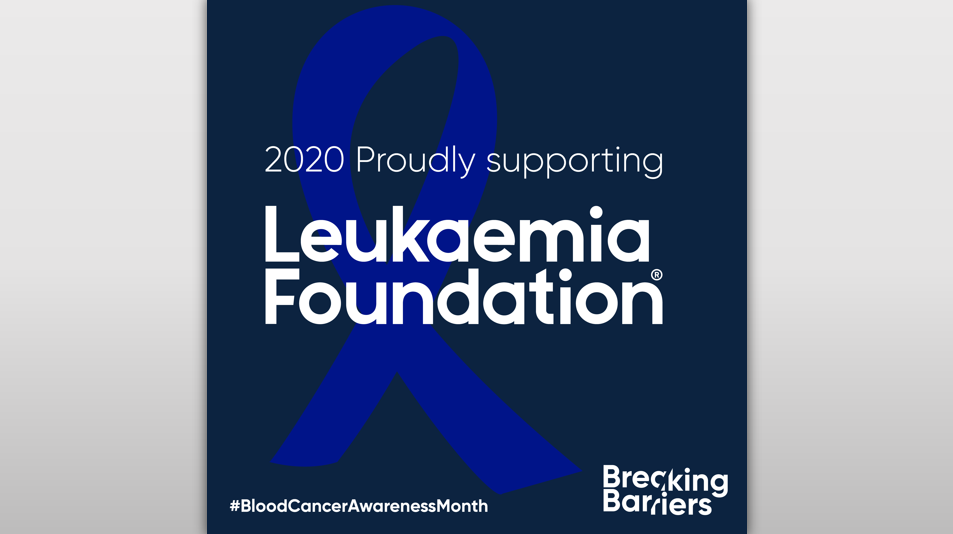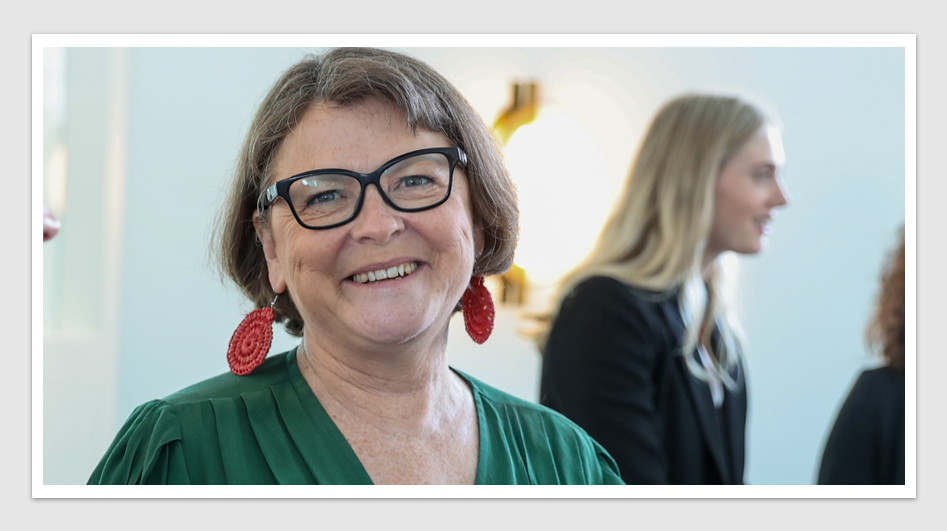ESG
Alarming rise in Australia’s blood cancer rates highlights urgent need for national action
As the country marks the start of the tenth Blood Cancer Awareness Month this September, new figures show a sharp rise in the number of Australians impacted by the disease over the past decade, while further research shows a future where incidence and mortality rates continue to accelerate.
Incidence of blood cancer in Australia has jumped by 38% since 2010, with 17,321 people expected to be diagnosed with the disease in 2020 compared to 12,493 ten years ago. The number of Australians losing their life to blood cancer has also risen from 4,440 in 2010 to 5,631 this year, representing a 27% increase. Projections show that while 110,000 Australians are living with blood cancer today, that number will more than double to 275,000 by 2035. Blood cancer is also expected to claim 186,000 Australian lives in this time.
The Blood Cancer Taskforce, a unique collaboration of some of the country’s top blood cancer experts and leaders, says the figures underscore the vital need for a targeted national approach to tackle the disease highlighted in the National Strategic Action Plan for Blood Cancer, to be released soon.
Almost one year ago to the day, the Blood Cancer Taskforce was established and charged with developing this Plan by Federal Minister for Health, The Hon. Greg Hunt MP following the release of the State of the Nation: Blood Cancer in Australia report.
Co-chaired by Professor John Seymour AM (Director of Cancer Medicine, Director Department of Haematology, Peter MacCallum Cancer Centre and Royal Melbourne Hospital) and Dr Carrie Hillyard AM (Chairman, Leukaemia Foundation of Australia), the Taskforce unites 29 of Australia’s leading haematologists, researchers, patients and members of the blood cancer community.
“Through the work of the Blood Cancer Taskforce and the National Action Plan, we will have a real opportunity to change the face of treatment, care and ultimately survival outcomes for Australians facing a blood cancer diagnosis,” Prof. Seymour said.
“Advances in treatment and care over the past 40 years have transformed the way Australians live with a blood cancer. However, with blood cancer incidence rates continuing to rise, we need to build on this success to prevent Australians losing their life to the disease.
“For instance, we know survival outcomes are 5% poorer in regional areas compared to metropolitan areas, and we know there is an 8% variation in survival outcomes between states and territories.
“By more consistently delivering treatment that has been proven to work, and is already funded in Australia, we could reduce mortality by 13% and prevent 22,000 deaths by 2035.”
Dr Hillyard said once it was released and implemented, the National Action Plan would not only help to achieve the collective vision to see zero lives lost to blood cancer by 2035, but also help improve the blood cancer journey for all Australians diagnosed with the disease.
“There are gaps in supportive care and access to treatment for Australians diagnosed with blood cancer, with less than 50% of people living with blood cancer given a written care plan, and only 1 in 5 people having access to a clinical trial,” Dr Hillyard said.
“The National Action Plan will be a blueprint to not only save lives, but to bridge these gaps and better meet the needs of every Australian diagnosed with this disease, whoever they are and wherever they live.”
Dr Hillyard said while the growing size, scale and impact of blood cancer in Australia is alarming, the Blood Cancer Taskforce and the broader blood cancer community now have the momentum to create significant change and were calling for action together.
“The dedicated professionals who make up the Blood Cancer Taskforce have all worked tirelessly within their fields to help people with blood cancer and we are now uniquely united and committed to achieving the same vision,” she said.
“We know we are stronger together. That is why the National Action Plan draws on the expertise of the Taskforce, as well as hundreds of clinicians, researchers, healthcare professionals and policy experts from around the country, all centered on what people living with blood cancer have told us about their lived experiences.
“We are excited to be so close to launching the country’s first National Strategic Action Plan for Blood Cancer, knowing that once it is released we can begin work on implementing its recommendations, knowing our efforts will achieve significant and lasting change for people living with blood cancer, their families, carers and the Australian community.”
News & Trends - MedTech & Diagnostics

Bariatric surgery trumps Novo Nordisk’s Wegovy in cost-effectiveness and durability
MedTech & Diagnostics News: Bariatric surgery emerges as cost-effective, boasting superior and enduring weight loss outcomes over a five-year span […]
MoreNews & Trends - Pharmaceuticals

Aussie digital health company hits new milestone in AstraZeneca partnership
Pharma News: Fewer than 50% of asthma patients adhere to their prescribed preventative medications. An Australian digital health company has […]
MoreDigital & Innovation

Medical drone to reduce health equity gaps in rural and remote Australia
A specialised medical drone which increases accessibility to essential health services such as pathology, medicines, and telehealth services in rural […]
More
